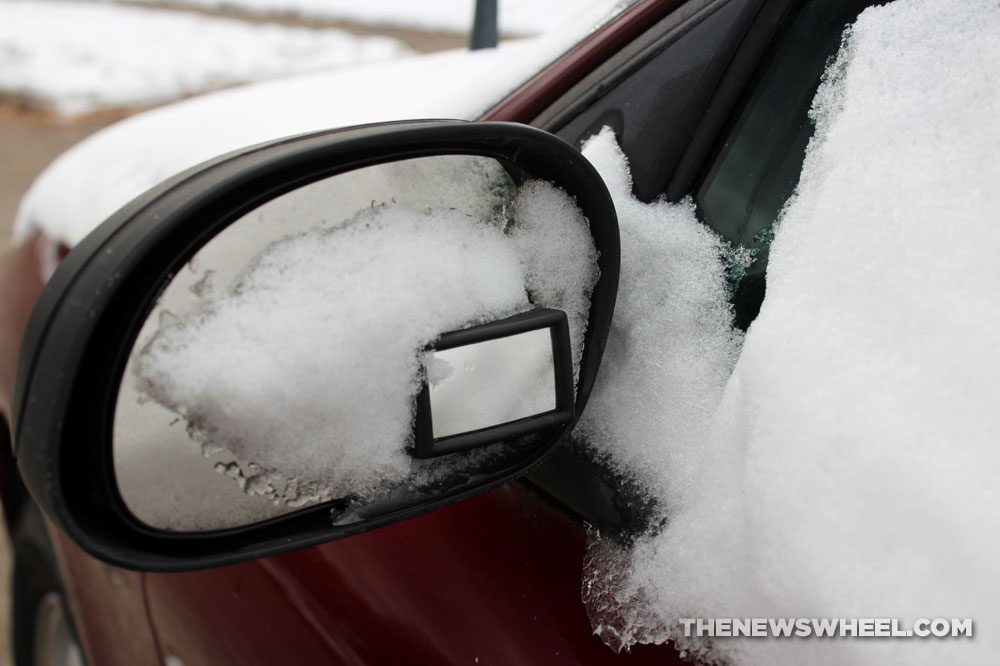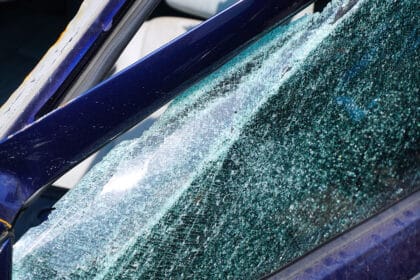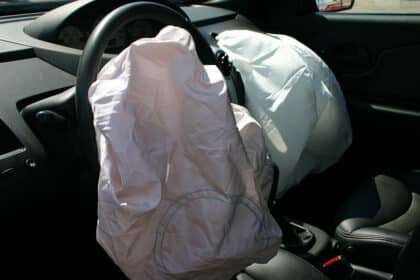 Photo: The News Wheel
Photo: The News Wheel
If you read any article about car care in the winter, there’s probably a section telling you the importance of washing your vehicle. It’s not a tip to help you impress your friends, but rather to keep rust and corrosion caused by road salt at bay. A new development from the Worcester Polytechnic Institute in Massachusetts might make worries like that a thing of the past.
Don’t Think of Snow: Dream of the 2020 Corvette
It’s pretty perfect that this solution comes from one of the most notoriously snowy parts of the United States. Not too long ago, New England saw a winter with so much snowfall that they actually ran out of places to shovel it all. It makes sense that a new innovation to fight road salt damage would come from this desperate population.
While all metal of your vehicle is vulnerable to rust, road salt is at its most dangerous when it starts eating away at welds that hold different components together. Adam Powell, WPI associate professor of mechanical engineering, made these vulnerable points the focus of his latest research, and he believes he’s developed a new welding technique that would let the connections last up to 10 times as long as traditional welds up against corrosion.
The problem? The auto industry doesn’t seem to be on board quite yet. Powell told local news site Telegram.com that it boils down to the fact that the seasoned automakers don’t want to adopt a new technology until they are absolutely sure it will last for the decades that some cars remain on the road.
To help soothe their fears and hopefully urge adaptation, Powell, alongside Ph.D. candidate Qingli Ding and postdoctoral fellow Kubra Karayagiz, are putting the new engineering through two phases of testing: cyclic corrosion testing, which subjects small samples to heat, salt, and humidity cycles to simulate years of abuse outside; and basic durability testing. Then a team at Oak Ridge National Laboratory in Tennessee will run its own tests to confirm results and add new data.
Ready For Anything: The Silverado brought home another award from CES
This research is funded by a three-year grant from the Department of Energy awarded in 2018, so they still have time to gather more research and analysis to convince the auto industry to adopt these welds. We wish the team luck — I think all of us who live through snowy winters would like an additional level of protection for our cars against salt and other road treatments.

The News Wheel is a digital auto magazine providing readers with a fresh perspective on the latest car news. We’re located in the heart of America (Dayton, Ohio) and our goal is to deliver an entertaining and informative perspective on what’s trending in the automotive world. See more articles from The News Wheel.









